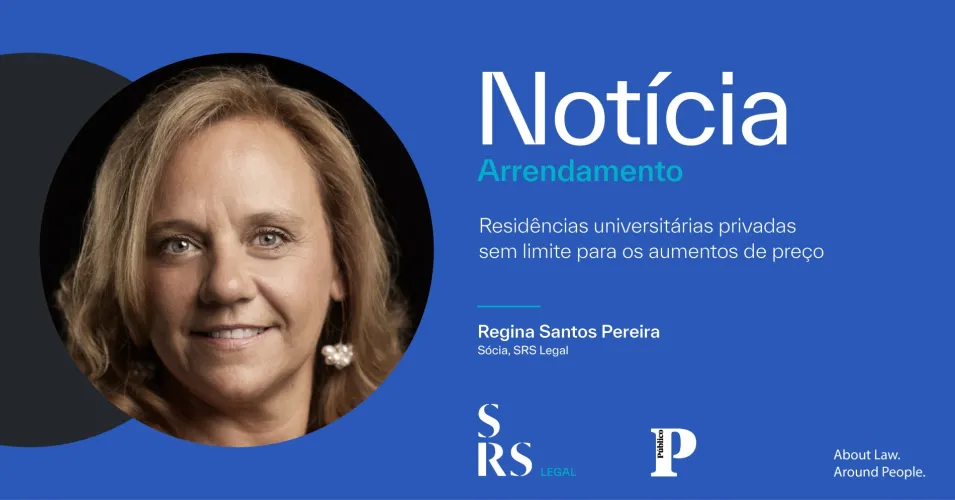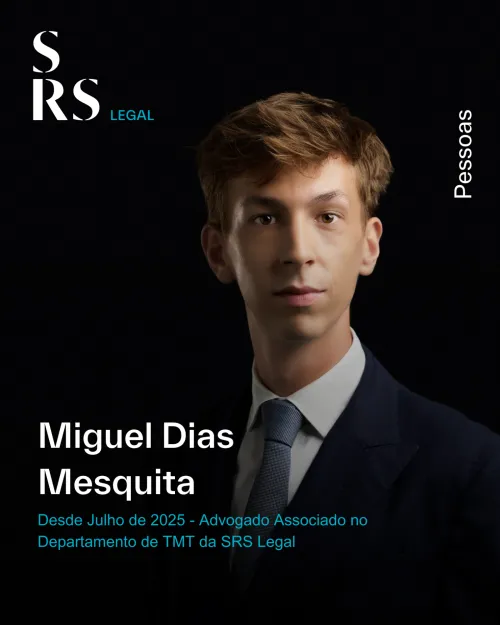Communication
Private university residences function like hotels. No limit to increases (with Regina Santos Pereira)
"For the lawyer Regina Santos Pereira, Partner of SRS Legal and specialised in Urban Property and Rental, there are two types of contracts suitable for this situation: either for the provision of services or for rental. However, for the lawyer, the normal contract will be for the provision of services, as in these residences "there is a set of services that can be provided to students", such as cleaning and payment of monthly expenses like water, electricity or wi-fi.
"I don't think students are left unprotected if they do service contracts. But there are a lot of rules in renting that there aren't in providing services. If you look at the balance, the rental ones end up protecting the tenant more", Regina Santos Pereira admitted.
[...]
In practical terms, as lawyer Regina Santos Pereira points out, "private residences are a business like any other". And there is no rule saying how they should be run. Therefore, she recognises that it makes sense "a specific framework for this reality". "These situations, which can fall under one law or another, can always give rise to arbitrary situations", she justifies.
The lawyer also understands that these university residences have to have "some flexibility" in their relationship with the tenant, which a rental contract doesn't allow (although the law allows for shorter leases). "If there are advantages for these companies it is the question of flexibility. And also to not fall into some rules that are more rigid in leasing, like the right of preference", frames the jurist."





